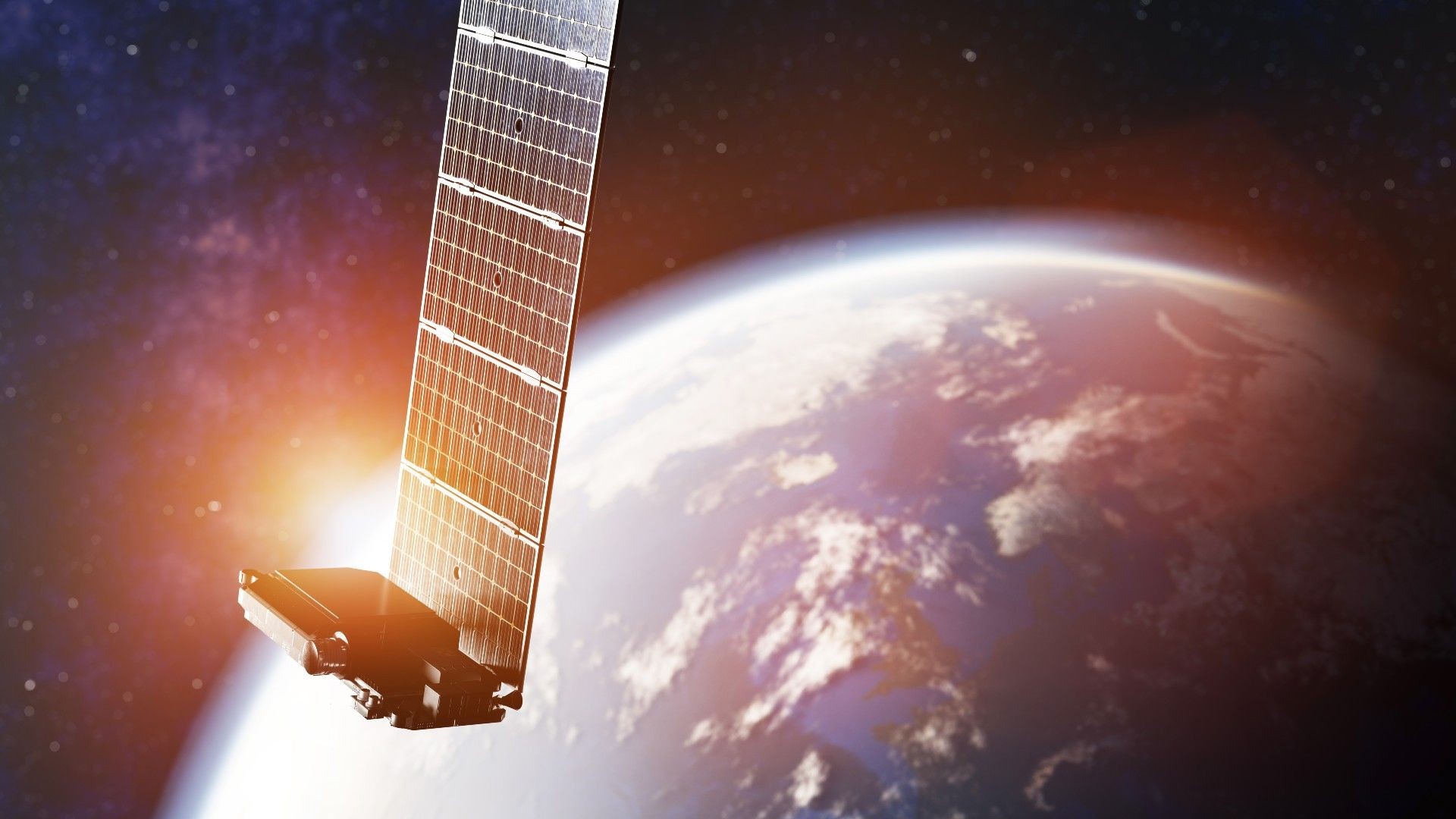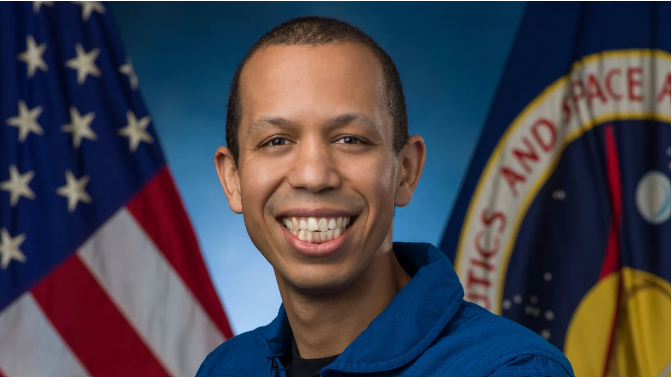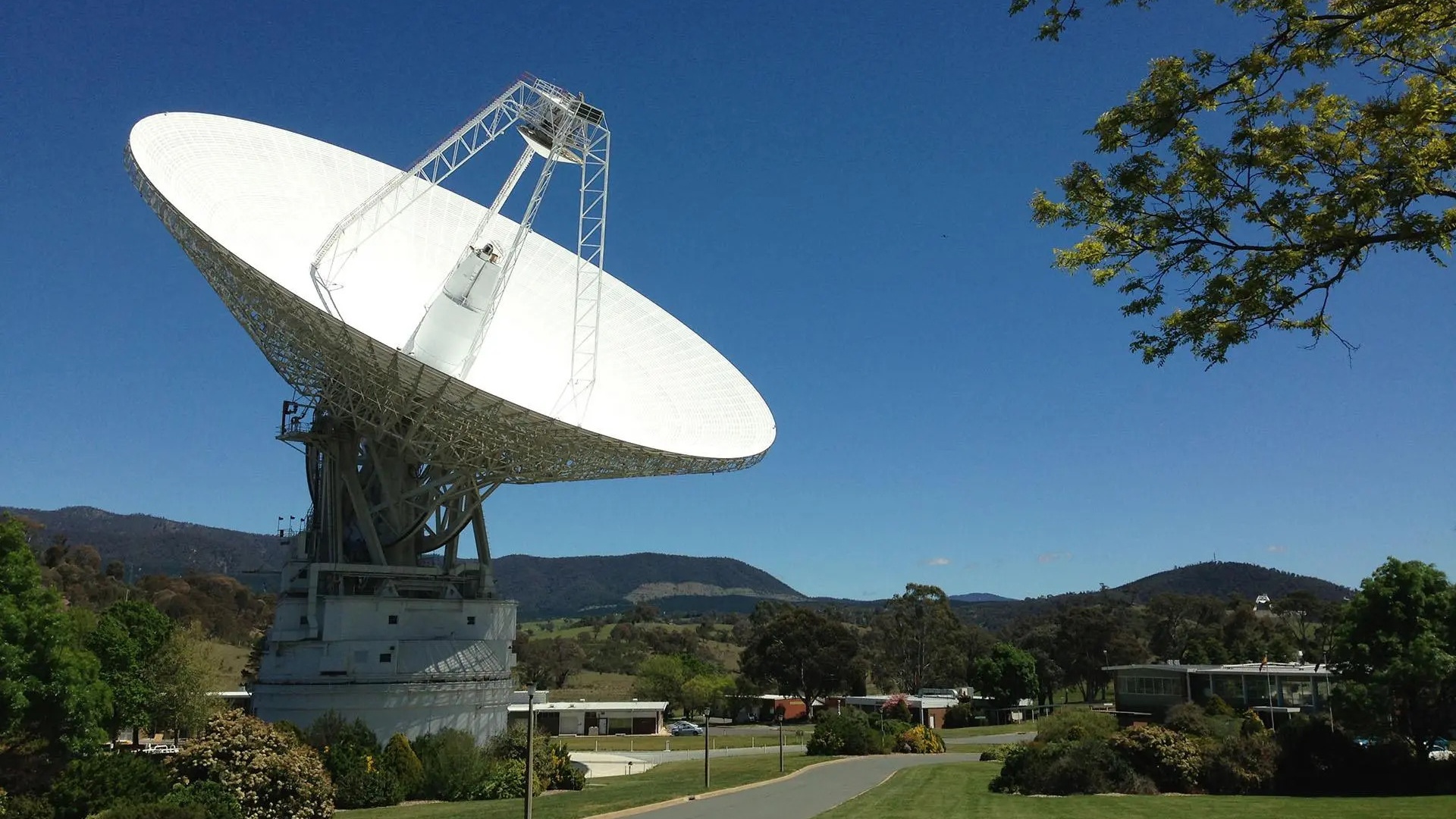SpaceX's private control of satellite internet concerns military leaders: report
"We worry that if we order devices from Starlink, we'll fall into some sort of trap."

A number of military leaders around the world have expressed concerns to US officials over the dominance and control of SpaceX founder Elon Musk over satellite internet, according to a new report.
Over the past decade Musk's SpaceX has changed the launch industry with its reusable Falcon 9 rocket. The company has pressed this advantage to establish itself as the leading player in satellite internet through Starlink.
There are currently more than 4,500 Starlink satellites in orbit, accounting for more than half of all active satellites. The constellation may grow to as many as 42,000 satellites in orbit. The significance and potential of SpaceX's Starlink, a low Earth orbit satellite internet constellation, gained widespread attention in the wake of the Russian invasion of Ukraine, with the system playing a role to provide vital communications to Ukraine in the wake of damaged infrastructure and jammed geostationary satellite signals.
However, the leader of Ukraine's Armed Forces, General Valeriy Zaluzhnyi, has raised the topic of Starlink with the U.S. Chairman of the Joint Chiefs of Staff, according to a New York Times report. Little regulation and oversight exists over the operation of Starlink, generating concerns over how Musk will exercise his authority over the system, which includes the power to cut off access.
Related: Russian invasion of Ukraine: How it's affecting Europe's space plans
Ukraine's battlefield decisions depended on the continued use of Starlink for communications, according to Zaluzhnyi. But Musk had on multiple occasions restricted access to Starlink multiple times during the war, the report said, citing people familiar with the situation.
Restrictions have been implemented through a process called geofencing. Starlink access has also fluctuated based on the movements of the war as Russia won territory and Ukraine fought to take it back, according to the report. Musk also refused Ukraine's request last year to provide Starlink access near Crimea.
Get the Space.com Newsletter
Breaking space news, the latest updates on rocket launches, skywatching events and more!
Ukrainian officials have approached other potential supplies to offset over-dependence on Starlink, according to the New York Times, though they acknowledged none rival Starlink's reach.
In addition to Ukraine, "at least nine countries — including in Europe and the Middle East — have also brought up Starlink with American officials over the past 18 months, with some questioning Mr. Musk's power over the technology, two U.S. intelligence officials briefed on the discussions said," the report states.
Taiwan has also voiced concern. The report cites a former Taiwanese legislator stating there were "tremendous concerns" about Musk.
"We worry that if we order devices from Starlink, we'll fall into some sort of trap" said Jason Hsu, now a senior research fellow at Harvard Kennedy School in Taipei. Hsu saw Musk as having financial interests tied to China through the manufacture of Tesla cars in Shanghai.
China has also expressed concerns over the uses of Starlink, with Beijing complaining its crewed Tianhe space station module needed to maneuver to avoid Starlink satellites in 2021. Separate reports note that SpaceX satellites have been forced to move over 50,000 times to prevent collisions since 2019.
China has also stated its belief that Starlink is intended for military purposes, citing its use in Ukraine. The country aims to construct its own low Earth orbit communications megaconstellation.
OneWeb and Amazon, through its Kuiper constellation plan, aim to compete with Starlink, but Starlink remains the leader in low Earth orbit.
Join our Space Forums to keep talking space on the latest missions, night sky and more! And if you have a news tip, correction or comment, let us know at: community@space.com.

Andrew is a freelance space journalist with a focus on reporting on China's rapidly growing space sector. He began writing for Space.com in 2019 and writes for SpaceNews, IEEE Spectrum, National Geographic, Sky & Telescope, New Scientist and others. Andrew first caught the space bug when, as a youngster, he saw Voyager images of other worlds in our solar system for the first time. Away from space, Andrew enjoys trail running in the forests of Finland. You can follow him on Twitter @AJ_FI.
-
Unclear Engineer At this point, Musk seems to be denying use of StarLink to hit targets inside Russia, apparently fearing that that would cross Putin too much and threaten a direct war with NATO, or at least Russia targeting StarLink satellites for destruction.Reply
It is not clear to me that the U.S. government would do anything differently if it had direct control. It might even do less for Ukraine if it was fully under government control. Just like Russia has been using the Wagner Group for government purposes while claiming to not have direct responsibility, the U.S. government can help Ukraine's military resist Russia by paying for StarLink services inside Ukraine, while not directly targeting Russian assets with U.S. military assets.
But, there is always reason to fear that something you need is under the control of somebody else who might put other interests ahead of your interests. So, I can see why Russia, China, Europe, and some others would want to have similar satellite capabilities directly under their own control.
The real issues are going to be how many satellite swarms can we handle orbiting the same Earth, and whether some military will decide to destroy one of those swarms for military purposes in some future conflict, which, by presently available methods, would make for a very dangerous orbital environment for astronauts and even automated satellites due to the debris that would result. -
thewilsons13 I have two solution: if it worries you, don't buy starlink. Better yet, invest in a competing product so it isn't a one option market. Using government strong arm tactics is lazy, reminiscent of the ant and the grasshopper. Grasshopper wishes he had what the ant worked hard to create. In a just world the grasshopper has to pay the ant, and is at the ants mercy. In our world... I guess we will see.Reply -
Delirious35 I've got a solution. How about not using a service that was designed for primarily for business and residential use? If they so desperately need the service go have the government use their own satellites.Reply
I doubt it really is the "military leaders" complaining and it is more likely companies such as highesnet and viasat putting out more hit pieces. Heard the last viasat launch was fubar. They can't compete so they are trying everything they can to shut starlink down. -
Unclear Engineer I don't think it is just commercial competitors who are worried. Taiwan is very dependent on the U.S. for its freedom from China, and is rightly worried that U.S. policy seems to vary substantially as elections change the U.S. administrators of our policies. And, U.S. commercial entities can change policies even faster. Musk sometimes appears to be a "loose cannon" in setting policies for things like Twitter/"X", for instance. What if Musk takes offense with something said by some Taiwanese official?Reply
One solution is to be able to use any commercial system available for the intended purpose, rather than become dependent on the specifics on only one. In other words, use the competition that is already developing in the low earth satellite internet market, if you can't create your own swarm of such satellites.









